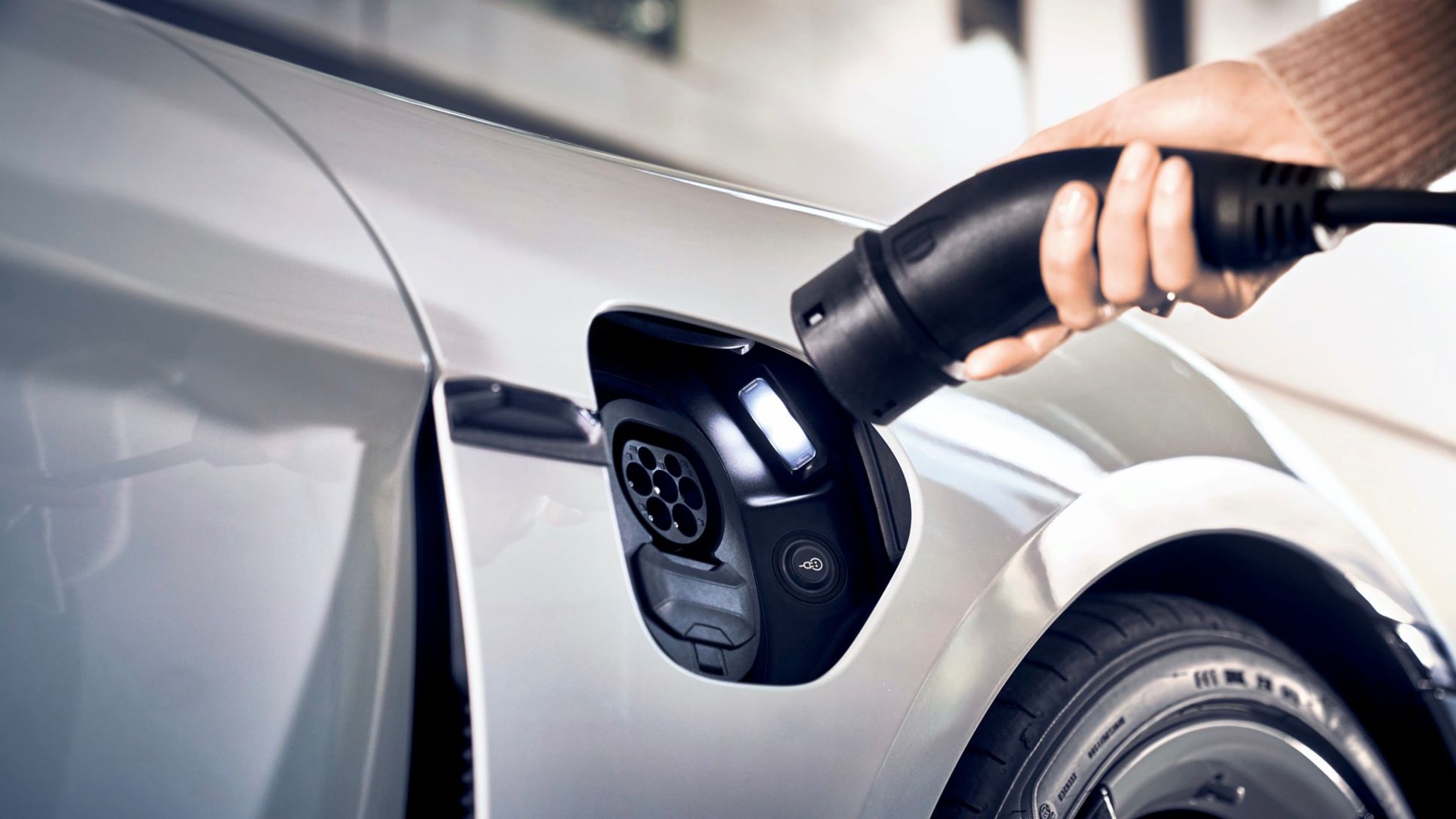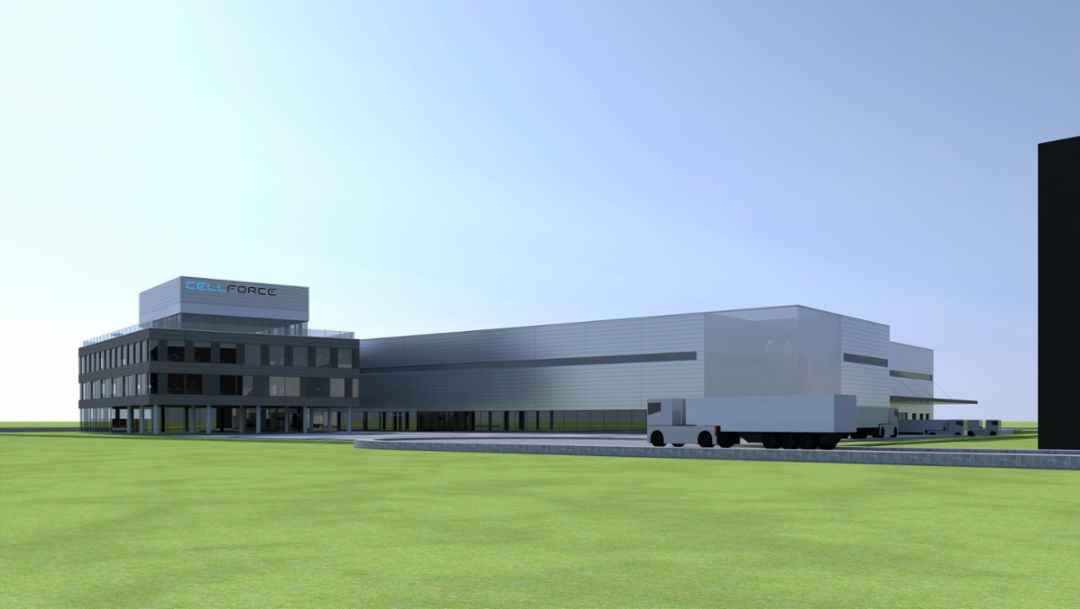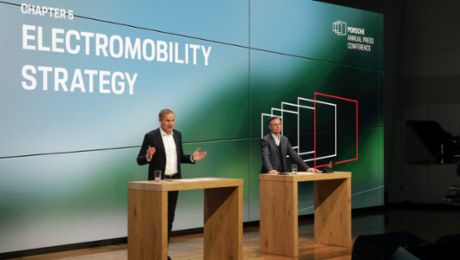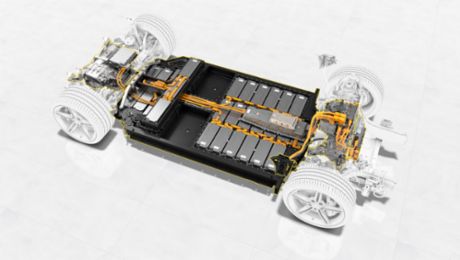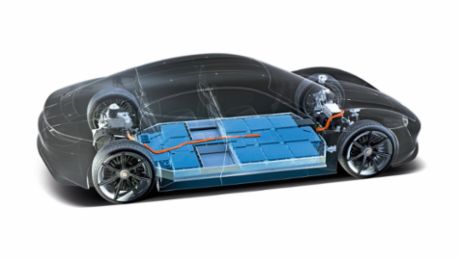As lead investor, Porsche is raising 100 million US dollars and leading a Series C funding round in which several companies are investing a total of 400 million US dollars (about 328 million euros).
Group14 Technologies, which is based in Woodinville in Washington state, intends to use the increase in capital to accelerate its worldwide production of anode material for lithium-ion batteries. Before the end of the year, Group14 will be laying the foundations of another factory for the production of battery active materials (BAM) in the US. In future, Group14 will also supply the Cellforce Group from Tübingen, in which Porsche holds a majority stake. Cellforce was founded in 2021 by Porsche and Customcells Holding. From 2024, in Germany, the joint venture intends to produce self-developed high-performance battery cells with silicon anodes for small series production, motorsport and high-performance vehicles. The Cellforce battery cells are expected to be used in electrically powered Porsche vehicles with high-performance powertrains.
In a market with rapidly growing demand, the cooperation with Group14 ensures that Cellforce has access to high-quality future technology that will make the next generation of battery cells considerably more efficient than the lithium-ion batteries currently in use. The chemistry of the new cells relies on silicon as the anode material. This can significantly increase the power density compared to the batteries currently in series production. The batteries of the future will accordingly be able to store more energy within the same dimensions – and will therefore have a greater range than the batteries currently on the market. The innovative chemistry also reduces the battery’s internal resistance, allowing it to absorb more energy during recuperation, while charging faster.
Global competition for the most powerful battery cell
“The battery cell is the combustion chamber of the future. Our goal is to be a leading company within the global competition for the most powerful battery cell,” says Lutz Meschke, Deputy Chairman of the Executive Board and Member of the Executive Board for Finance and IT at Porsche AG. “It is not without pride that we are leading this broad-based funding round. It reflects that, through our venture capital unit Porsche Ventures, we have now gained a deep understanding of the world of venture capital.”

Michael Steiner, Member of the Executive Board for Research and Development, adds: “The characteristic properties of the new cell chemistry – fast charging, high performance and low weight – pay dividends directly into the Porsche brand core. They are virtually in line with the development goals that we are writing in the specifications for our prospective electric sports cars.” After an intensive review process, Cellforce Group selected Group14 Technologies as the manufacturer of the most promising silicon anode material for Porsche’s requirements. “The anode material from Group14 has the potential to be a game-changer on the road to shorter charging times,” explains Markus Gräf, COO of the Cellforce Group.
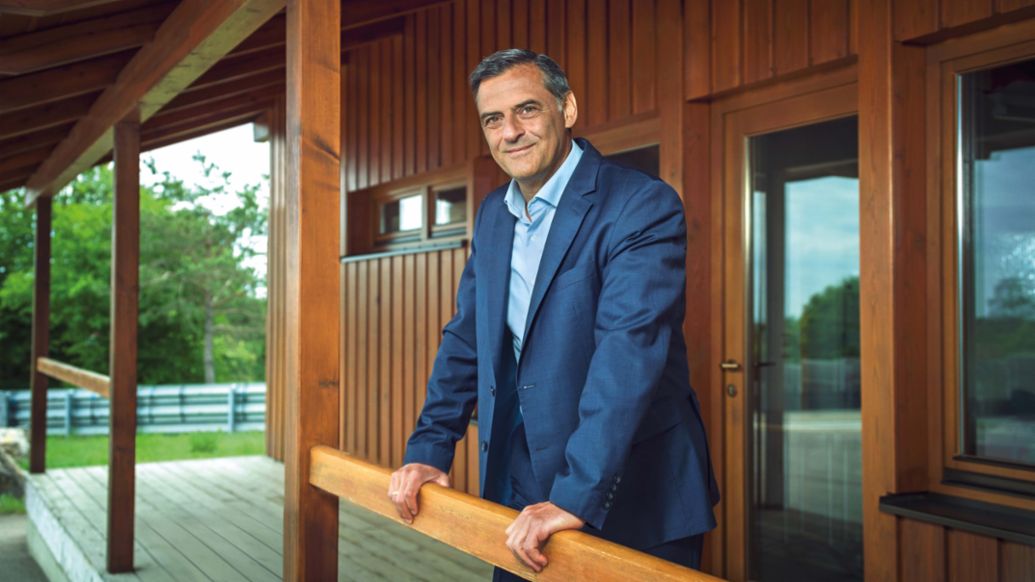
Group14 operates a commercial-scale production factory for BAM in the state of Washington. The technology has already proven itself in batteries for electric vehicles and for extremely fast charging applications. Another factory will go into operation in South Korea in 2022. In addition to Porsche, several other companies – from global financial investors to strategic investors from the battery industry (OMERS Capital Markets, Decarbonization Partners, Riverstone Holdings LLC, Vsquared Ventures, Moore Strategic Ventures, and others) – are participating in the current funding round. “Group14 is committed to elevating the performance of today’s lithium-ion and tomorrow’s solid-state batteries to accelerate the global energy transition,” says Rick Luebbe, co-founder and CEO of Group14. “With support from a diverse consortium of investors, Group14 strives to deliver the next generation of silicon battery technology to support visionary OEMs like Porsche.”
